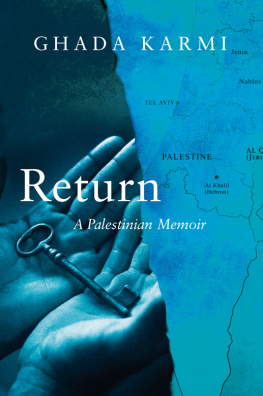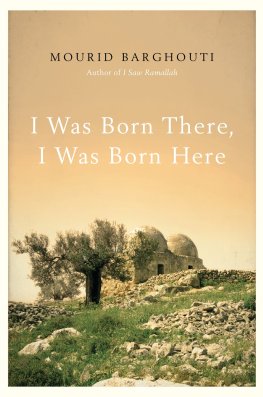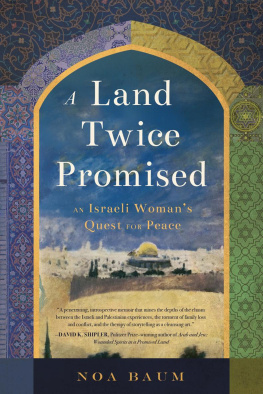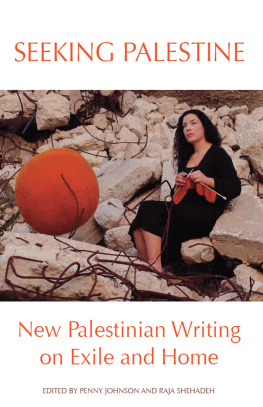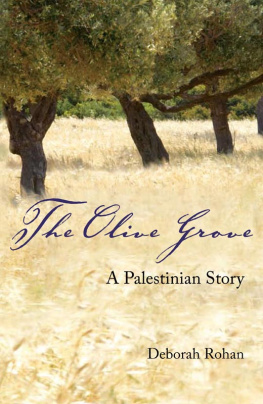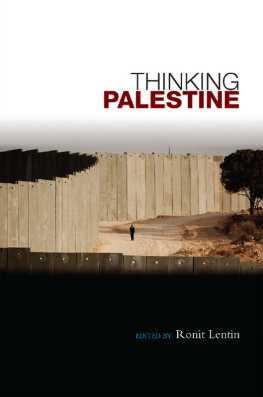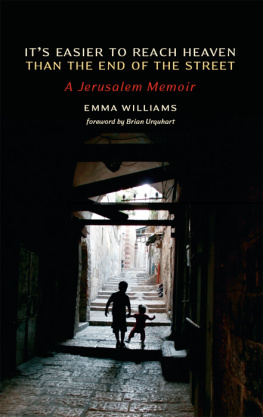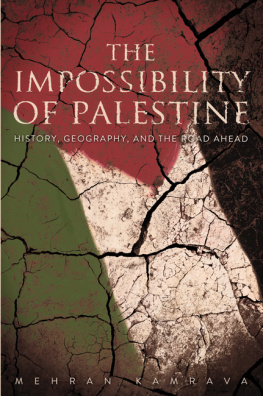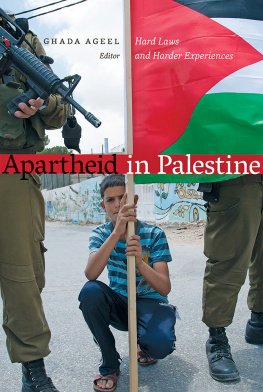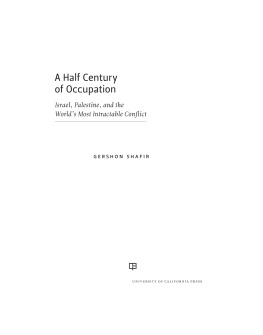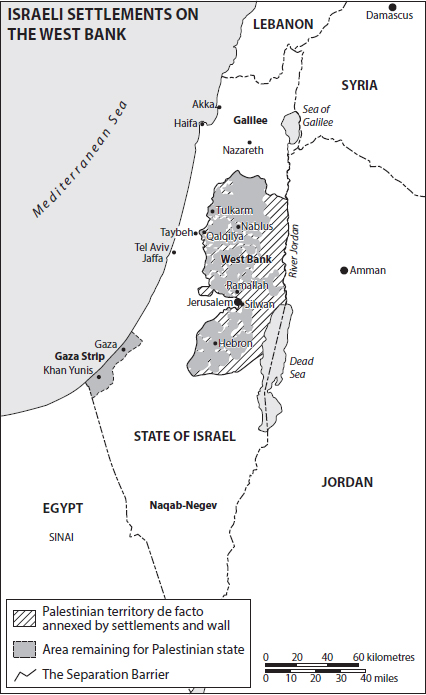Ghada Karmi - Return: A Palestinian Memoir
Here you can read online Ghada Karmi - Return: A Palestinian Memoir full text of the book (entire story) in english for free. Download pdf and epub, get meaning, cover and reviews about this ebook. year: 2015, publisher: Verso, genre: Detective and thriller. Description of the work, (preface) as well as reviews are available. Best literature library LitArk.com created for fans of good reading and offers a wide selection of genres:
Romance novel
Science fiction
Adventure
Detective
Science
History
Home and family
Prose
Art
Politics
Computer
Non-fiction
Religion
Business
Children
Humor
Choose a favorite category and find really read worthwhile books. Enjoy immersion in the world of imagination, feel the emotions of the characters or learn something new for yourself, make an fascinating discovery.
- Book:Return: A Palestinian Memoir
- Author:
- Publisher:Verso
- Genre:
- Year:2015
- Rating:4 / 5
- Favourites:Add to favourites
- Your mark:
Return: A Palestinian Memoir: summary, description and annotation
We offer to read an annotation, description, summary or preface (depends on what the author of the book "Return: A Palestinian Memoir" wrote himself). If you haven't found the necessary information about the book — write in the comments, we will try to find it.
An extraordinary memoir of exile and the impossibility of finding home, from the author of In Search of Fatima
The journey filled me with bitterness and grief. I remember looking down on a nighttime Tel Aviv from the windows of a place taking me back to London and thinking hopelessly, flotsam and jetsam, thats what weve become, scattered and divided. Theres no room for us or our memories here. And it wont be reversed.
Having grown up in Britain following her familys exile from Palestine, doctor, author and academic Ghada Karmi leaves her adoptive home in a quest to return to her homeland. She starts work with the Palestinian Authority and gets a firsthand understanding of its bizarre bureaucracy under Israels occupation.
In her quest, she takes the reader on a fascinating journey into the heart of one of the worlds most intractable conflict zones and one of the major issues of our time. Visiting places she has not seen since childhood, her unique insights reveal a militarised and barely recognisable homeland, and her home in Jerusalem, like much of the West Bank, occupied by strangers. Her encounters with politicians, fellow Palestinians, and Israeli soldiers cause her to question what role exiles like her have in the future of their country and whether return is truly possible.
Ghada Karmi: author's other books
Who wrote Return: A Palestinian Memoir? Find out the surname, the name of the author of the book and a list of all author's works by series.

